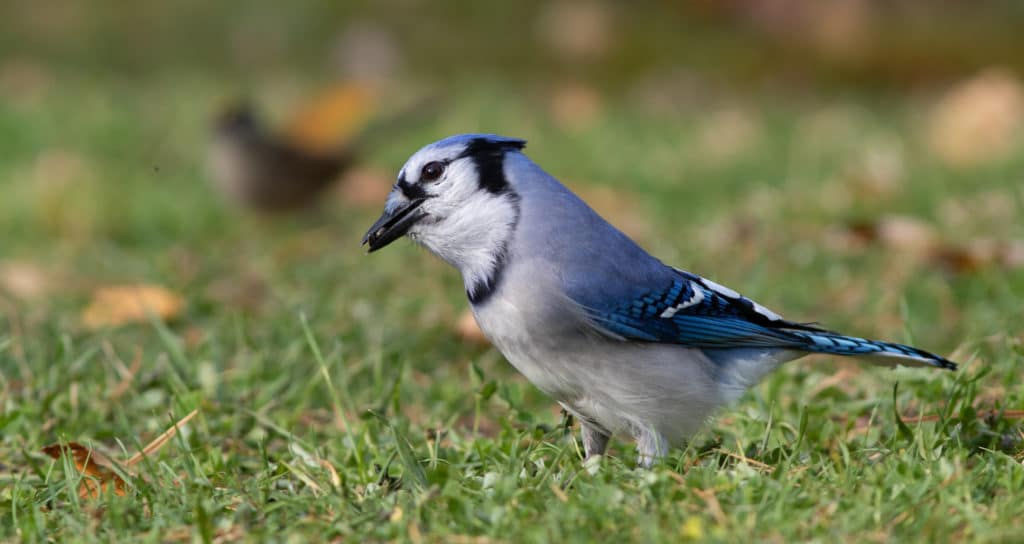
There is an unknown disease that has been causing bird deaths in parts of the Mid-Atlantic and Southeastern United States over the past two months. This blog post will be used to share updates and useful information about the disease, particularly as it pertains to Maine birds. At this time (11 July 2021) there have been no cases of this illness north of Pennsylvania, so we are advising that it is safe to keep your bird feeders out. This post will be updated as more information becomes available, including any updates from state or federal authorities.
What’s the background of the disease?
In late May, wildlife managers in Washington D.C., Maryland, Virginia, West Virginia and Kentucky notified the United State Geological Survey’s National Wildlife Health Center (NWHC) and other federal/state agencies of sick and dying birds with multiple symptoms (see below) of an unknown cause. Recently, reports have have also come from Delaware, New Jersey, Pennsylvania, Ohio, and Indiana.
Has it been reported in Maine?
There are no confirmed cases in the state at this time.
Where has it been reported?
Maryland, Virginia, West Virginia, Kentucky, Delaware, New Jersey, Pennsylvania, Ohio, Indiana, and Washington D.C.
What are the symptoms?
The symptoms include eye swelling with crusty discharge, as well as neurological issues like appearing disoriented.
What’s the cause of the disease?
The cause is currently unknown, but common diseases that can infect humans, like West Nile virus and avian influenza have been ruled out. National Audubon has a blog post from 8 July 2021 that discusses some of the research being done right now to find the cause: audubon.org/news/scientists-still-searching-pathogen-behind-easts-songbird-epidemic
What species are affected?
Most of affected birds are reported to be fledgling Common Grackles, Blue Jays, European Starlings, and American Robins. However, there have been reports from other species of songbirds as well.
What should I do?
States where the disease has been detected have advised residents to take down bird feeders because, as gathering locations for birds, they are a likely place for transmission to occur. States close to infected areas, like Connecticut and Rhode Island have taken advanced precautions and also recommended residents take down all feeders and bird baths until the cause of the disease is identified. Currently, given our distance from cases and based on current knowledge of the illness, Maine Audubon is not recommending any need to take feeders down. However, this is a good reminder to keep your feeders clean, especially during hot summer days.
What should I do if I find an injured/dead bird?
If you find a dead bird, either leave it, dispose of it by placing it in a plastic bag, sealing it, and discarding with household trash, or you can bury them deeply. If you see signs of a crusty eye, report it to Maine Inland Fisheries and Wildlife, Maine Audubon, or one of the rehabbers mentioned below. If you find an injured bird showing symptoms, please call a rehabber like Avian Haven in Freedom: (207) 382-6761, or the Center for Wildlife in Cape Neddick: (207) 361-1400. Do not attempt to rescue until talking to a rehabber.
